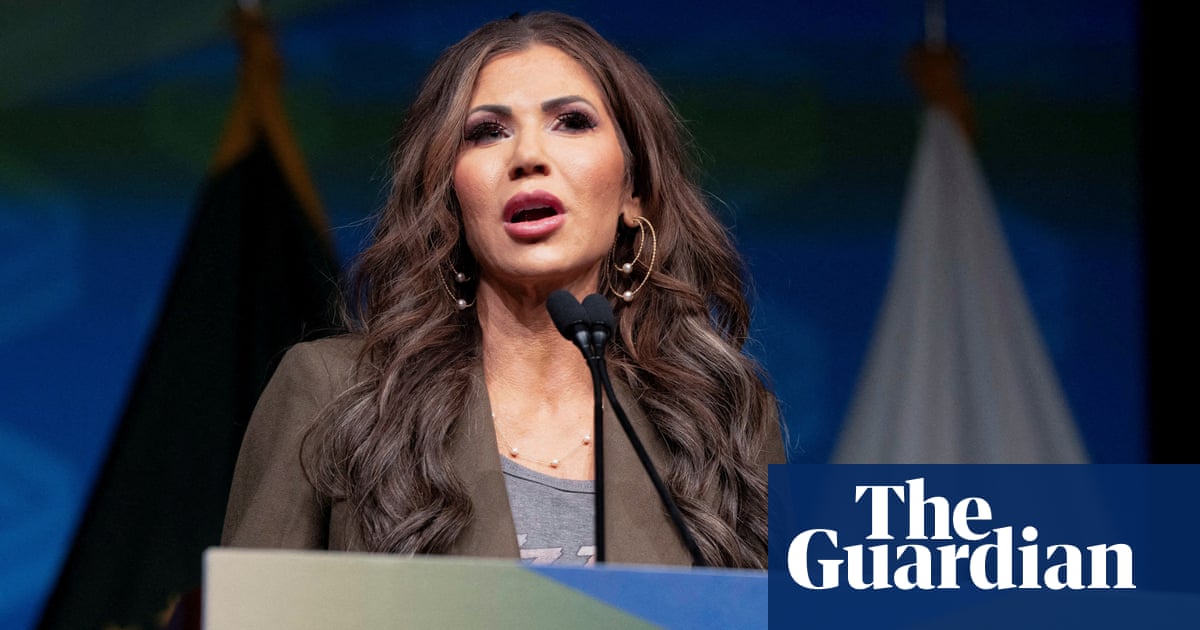TheTrump administrationasked theUS supreme courton Thursday to intervene and assist in its attempt to strip temporary protected status (TPS) from more than 300,000Venezuelanmigrants in the US, a move that would clear the way for their deportation.
The justice department asked the supreme court justices to put on hold a federal judge’s order from March that halted the decision of the homeland security secretary,Kristi Noem, to terminate the temporary legal status that previously was granted to some Venezuelans.
“So long as the order is in effect, [Noem] must permit hundreds of thousands of Venezuelan nationals to remain in the country, notwithstanding her reasoned determination that doing so is ‘contrary to the national interest’,” justice department lawyers wrote in court papers.
A federal appeals court had on 18 April declined the administration’s request to pause the judge’s order.
According to theorder, which US district court judge Ed Chen issued in March,he said: “[T]he secretary’s action threatens to: inflict irreparable harm on hundreds of thousands of persons whose lives, families, and livelihoods will be severely disrupted, cost the United States billions in economic activity, and injure public health and safety in communities throughout the United States.
“At the same time, the government has failed to identify any real countervailing harm in continuing TPS for Venezuelan beneficiaries,” Chen added.
Chen also wrote that the plaintiffs “will likely succeed in demonstrating that the actions taken by the secretary are unauthorized by law, arbitrary and capricious, and motivated by unconstitutional animus”.
During his presidency, Joe Bidenextendedtemporary protected status to Venezuelans due to the ongoing political and economic crisis in Venezuela. The country’s president,Nicolás Maduro, has widely and violentlypersecutedmembers of civil society, including lawyers and journalists, and life varies from precarious to dangerous for many ordinary citizens, millions of whom have fled elsewhere in South America and to Central America, Mexico and the US.
Yet sinceDonald Trumptook office for the second time in January, his administration has carried out sweeping crackdowns on legal and illegal immigration. Over the last few months, many Venezuelans have been unlawfully arrested and illegally detained by federal immigration authorities,according totheir lawyers.
The pre-emptive arrests of many still under the shelter of TPS have been carried out despite the lawsayingthat such people “shall not be detained” based on their immigration status.
Speaking tothe Guardian last month, Sirine Shebaya, the executive director of the National Immigration Project, said: “I’ve seen a lot of terrible policies, and a lot of mistreatment, and government abuses and misconduct and, you know, even wrongful deportations.”
Shebaya added: “But this level of impunity and lack of even a pretense of following legal standards or thinking about the facts of someone’s situation before targeting them is something that I truly have never seen before.”
Reuters contributed reporting
